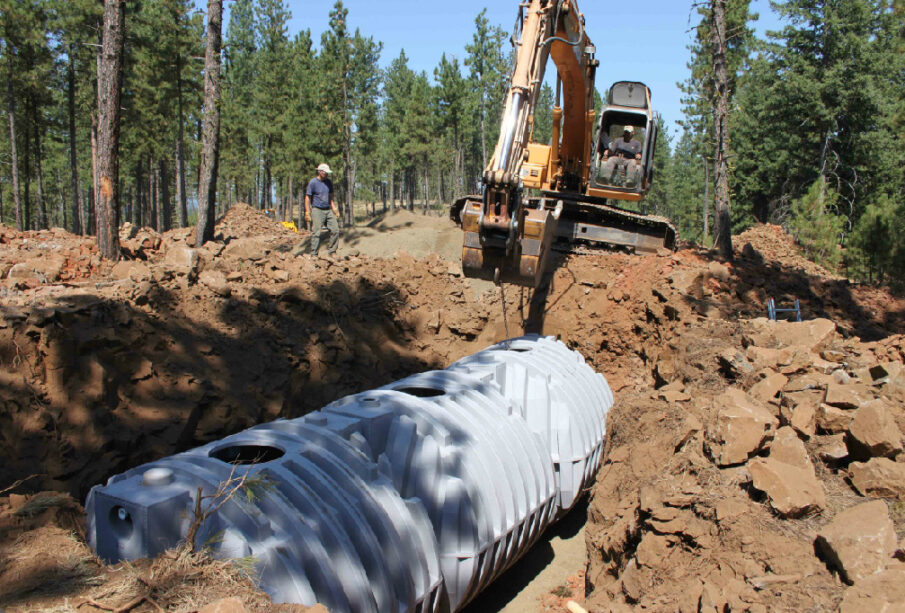How to Install an Underground Tank

Whether you want to install an underground tank for your home or office, you must know how to do it right. There are a few things you need to know, like how to prepare the base, how to connect pipes, and how to overfill the tank.
Preparation of the Base
Having a good foundation is essential for underground tank installation Westchester County NY. An under-prepared base can lead to water loss and cause structural problems.
The best way to prepare an underground tank base is to excavate to a depth that allows for a half-foot of clearance above the tank. This will allow for leveling the tank.
Once the excavation has been completed, it is necessary to backfill around the tank. This will prevent the tank from floating. In addition, the soil or sand used should be firm and flowable.
Alternatively, a concrete base may be used. The slab should be at least 75mm thick and flat. Rebar or mesh should be used to reinforce the concrete. The backfill should be a minimum of 6″ thick in soil terrain and should be compacted.
Installation
Whether installing a new tank or repairing an existing one, it’s essential to understand how to install underground tanks properly. They are much safer from theft and extreme weather than aboveground tanks. Using an underground tank can also help limit microbial growth and temperature swings.
Underground tanks need to be installed according to the manufacturer’s installation instructions. They must also be adequately vented with release detection systems and corrosion protection. They also need to be monitored to prevent excessive product loss.
Underground tanks should be placed on a firm foundation. They should also be backfilled with noncorrosive inert material, such as sand or gravel. If the tank is to be buried under a driveway, it must have four feet of earth cover.
Connecting Pipes
Having an underground tank can be a pain in the a$$. But, with a bit of planning and a hefty budget, it can be an enjoyable experience. And with modern technology, it can even be a surprisingly cost-effective way of doing business. You can buy a prefabricated tank or install a customized one on your land. Alternatively, you could opt for a leased or rented one. If you’re considering installing one, make sure you consult with an industry-savvy architect or engineer. A qualified consultant can save you both headaches and money. It’s also worth noting that some states require you to install an acoustic insulator, which can be expensive. Luckily, there are some good ole’ fashion acoustical contractors out there.
Overfill Protection Devices
A safe tank overfill protection system helps prevent accidents and environmental hazards. These devices detect overfills before they occur and shut off product flow. They can be installed in both aboveground and underground storage tanks. These devices are essential for the safety and productivity of liquid refilling and refueling operations.
Overfill prevention devices include mechanical and electronic devices that can be installed in various sizes and models. These devices are used to prevent overflows of liquid petroleum fuels and are designed to monitor the tank level.
Depending on the tank type, overfill prevention devices can be installed on the filler pipe or in the tank itself. The most common overfill prevention devices include Ball Float Valves, Automatic Shut Off Devices, and Overfill Alarms.
Record Keeping
Managing an underground storage tank is a daunting task. Fortunately, many tools and services can make the job more manageable. These include using a reputable UST vendor and the requisite maintenance service reports. In addition, keeping track of your records can be daunting, but having a clear and concise system can distinguish between a successful and failed inspection.
The best way to do this task is to get a firm grasp of your local regulatory requirements. For instance, you will want to keep an eye out for new rules regarding underground storage tank maintenance or upgrades. Luckily, your local environmental agency should be well-versed in these matters. For example, the agency can provide a compliance assistance guide to help you find the necessary information.



















